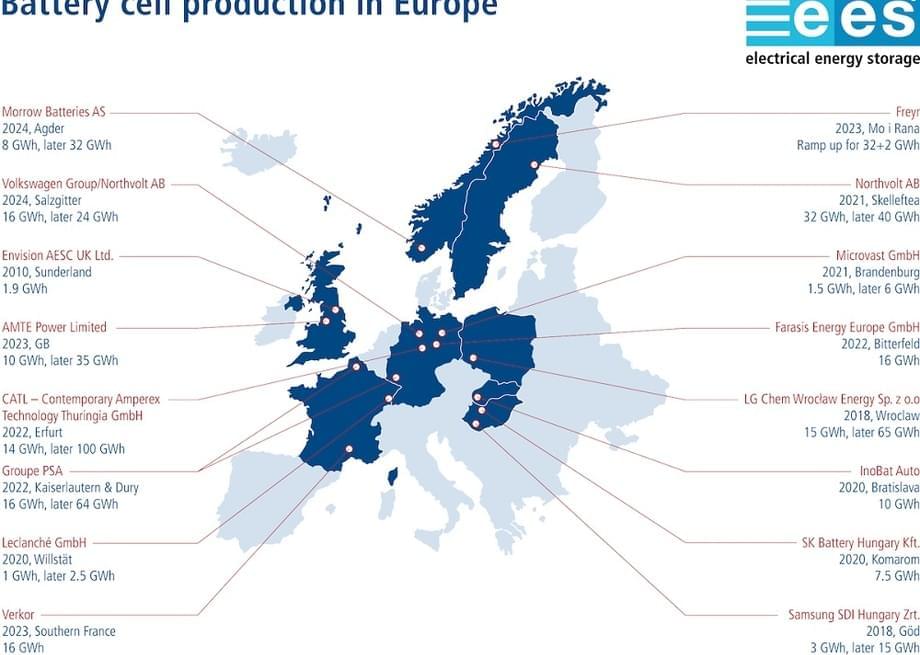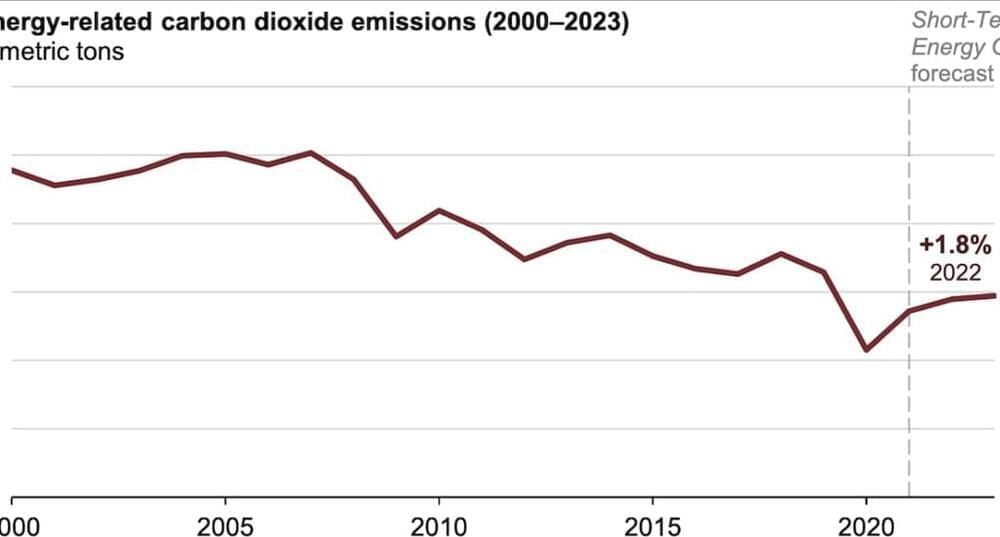Major brands are also getting into the NFT mix, including Dolce & Gabbana, Coca-Cola, Adidas, and Nike. In the future, when you buy a physical world item from a company, you might also gain ownership of a linked NFT in the metaverse.
For example, when you buy that coveted name-brand outfit to wear to the real-world dance club, you might also become the owner of the crypto version of the outfit that your avatar can wear to the virtual Ariana Grande concert. And just as you could sell the physical outfit secondhand, you could also sell the NFT version for someone else’s avatar to wear.
These are a few of the many ways that metaverse business models will likely overlap with the physical world. Such examples will get more complex as augmented reality technologies increasingly come into play, further merging aspects of the metaverse and physical world. Although the metaverse proper isn’t here yet, technological foundations like blockchain and crypto assets are steadily being developed, setting the stage for a seemingly ubiquitous virtual future that is coming soon to a ‘verse near you.






